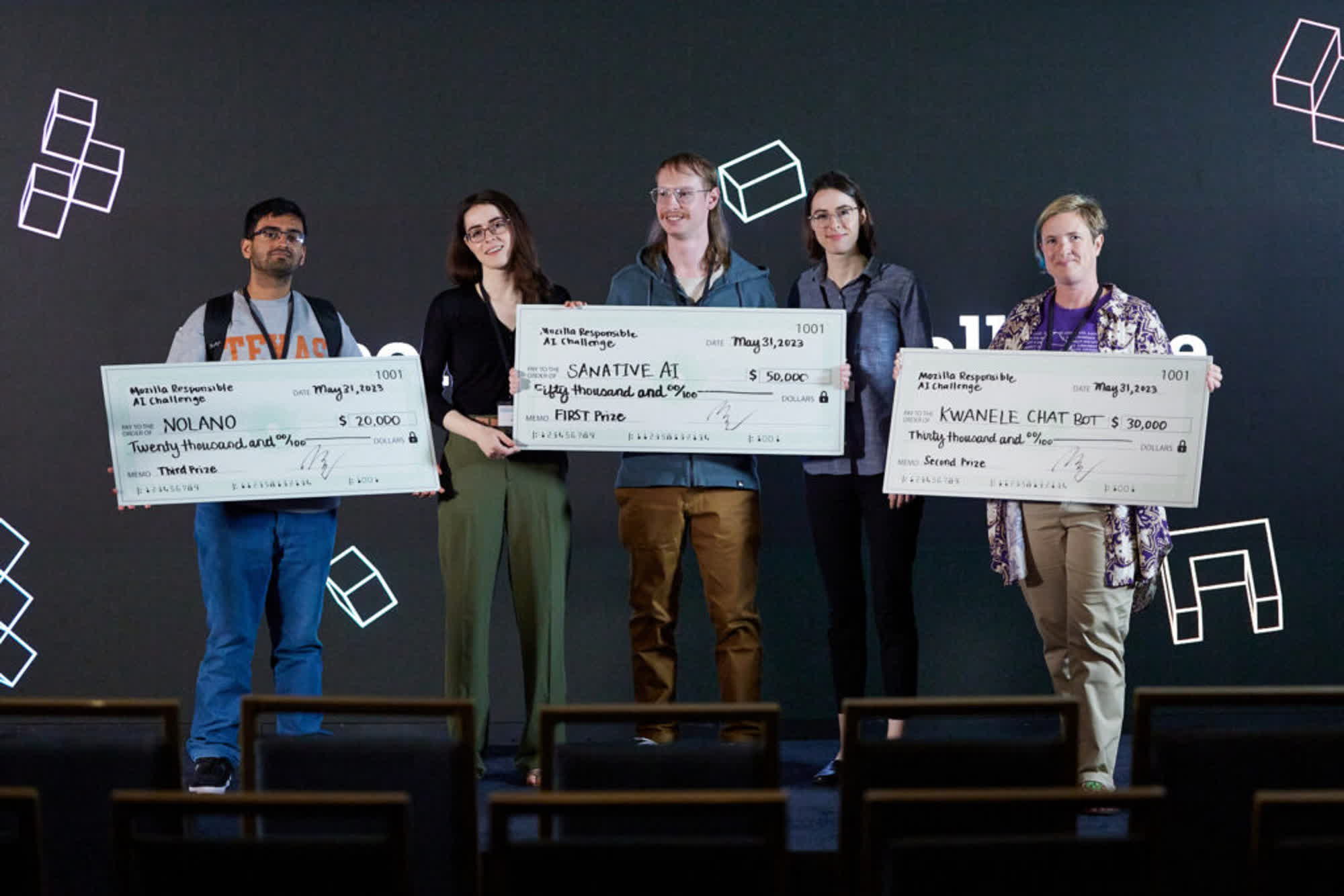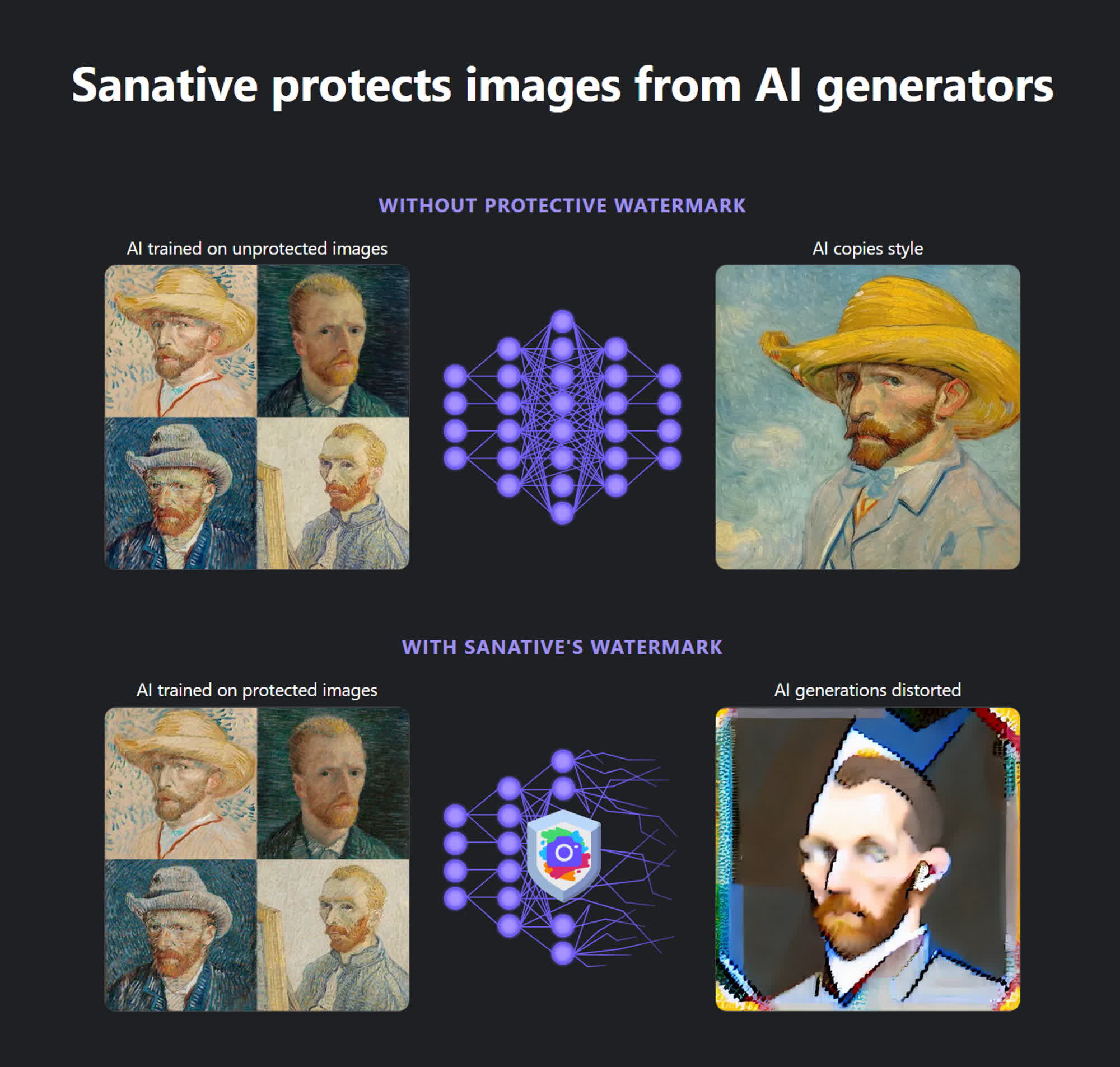What just happened? Mozilla organized its "Responsible AI Challenge" to promote a more ethical, and socially acceptable, use of generative AI technology and large language models (LLM). The challenge is now done, and the Firefox foundation has announced the top prize winners who will get money to put their projects on the market.
Announced in March, Mozilla's Responsible AI Challenge was a new incubator program conceived to promote AI solutions that would serve the whole society instead of greedy mega-corporations or troublesome super-rich individuals. The US foundation planned to stimulate commercially viable AI opportunities, while providing an answer to those who think this new disruptive technology will bring apocalypse, chaos and widespread unemployment across the world in the upcoming years.
Mozilla has now announced the prize winners of its Responsible AI Challenge, three projects that show "ingenuity, innovation, and proficiency" in developing human-centered and trustworthy AI applications and (commercial) solutions. The foundation seemingly spent weeks reviewing "hundreds" of consumer technology and generative AI proposals, bringing together "builders" and entrepreneurs from around the world focused on creating better products and more responsible companies.
After "careful deliberation" by its panel of judges – AI academics, developers, entrepreneurs – Mozilla chose Sanative AI as its top prize winner with a $50,000 award. The company is developing an "anti-AI watermark" solution, which is designed to protect images and original artworks from being (ab)used as training data for diffusion models and generative AI algorithms.
Sanative's "adversarial AI tools" work as a safeguard against exploitation by AI applications, the company says, with its first product being a technology designed to apply a "small amount of visual noise" to any images uploaded on the internet. The noise should have a minimal (or even invisible) visual impact on the aforementioned images, while it should confuse machine learning algorithms which would produce "distorted" results.
The second prize winner of Mozilla's Responsible AI Challenge was Kwanele Chat Bot ($30,000), a technology designed to protect women in violent communities by providing fast access to help and ensuring the collection of "admissible evidence." Finally, the third prize ($20,000) went to Nolano, a newly trained language model that uses natural language processing to run LLMs on local (offline) machines such as laptops or smartphones.
Money aside, the three Responsible AI Challenge winners will get "mentorship" from leaders in the AI and technology industry, plus some unspecified access to Mozilla's resources and communities while they continue to develop and refine their projects. Mozilla's Director of Innovation and Product Strategy Britney Crooks further said that the judging process was conceived to be "motivational for all candidates," inspiring them to continue developing responsible AI solutions even if they did not win.

